News that takes us off Earth and into the great beyond!
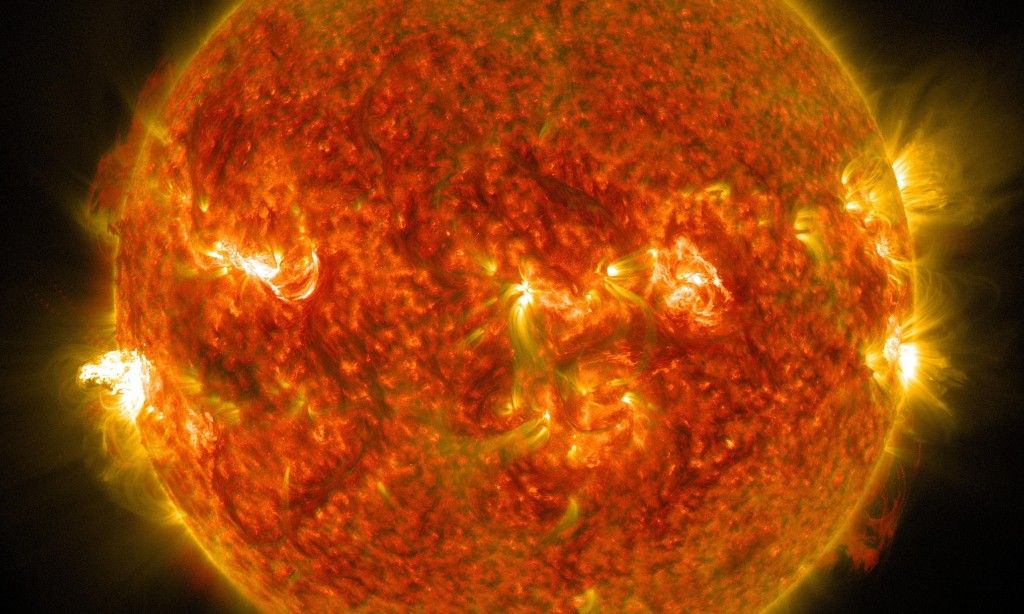

Bucknell has led advanced engineering teams at Chrysler and General Motors for three production high performance engine families. Was Senior Propulsion Engineer for the Raptor full-flow staged combustion methalox rocket at Space Exploration Technologies then Senior Propulsion Scientist for Divergent3D developing vehicle technologies.
In 2017, he described how high temperature (820−1000 degree celsius) nuclear power plants can solve produce synthetic fuel to replace oil.
Molten Salt reactors are being developed in China, Canada and the USA. However, those plants will run at about 700 degree celsius.
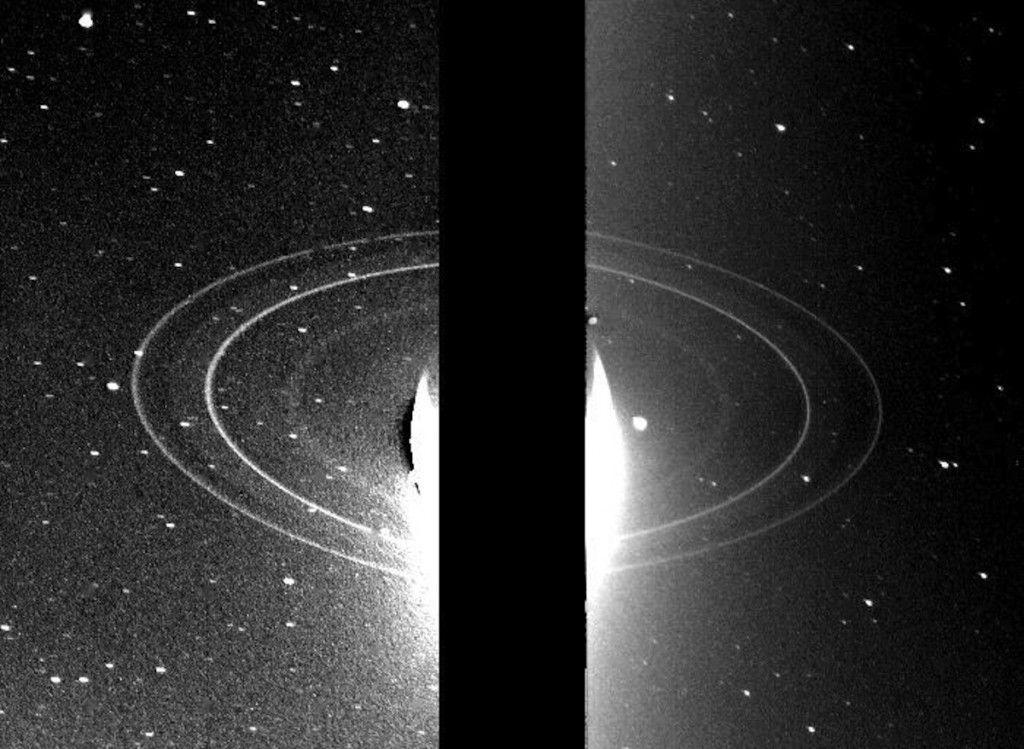
Today marks not one but two milestones in planetary exploration. It is the 25th anniversary of Voyager 2’s flight past Neptune, the most distant planet ever seen up close. It is also the exact day that the New Horizons spacecraft is crossing Neptune’s orbit on its way to Pluto, the mysterious world that marks the boundary between the solar system we know and the one we don’t.
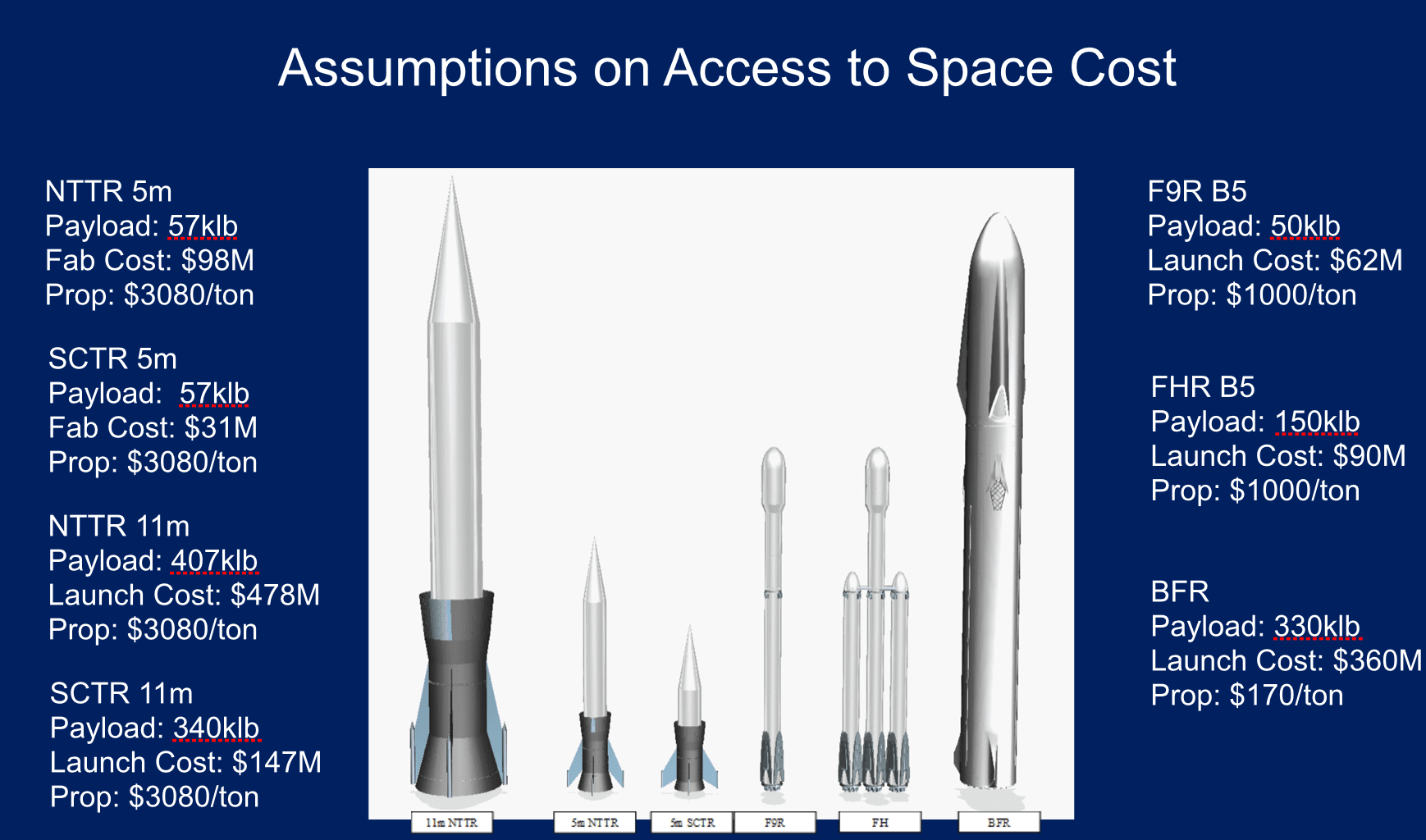
John Bucknell created the pre-conceptual design for the SpaceX Raptor engine. It will be the advanced full-flow staged combustion rocket engine for the SpaceX BFR. He designed and built the subscale Raptor rocket for proof of concept testing able to test eighty-one configurations of main injector.
John Bucknell says the nuclear turbo rocket technology and his designs are ready for development. The air-breathing nuclear thermal rocket will enable 7 times more payload fraction to be delivered to low-earth orbit and it will have 6 times the ISP (rocket fuel efficiency) as chemical rockets. The rocket will have two to three times the speed and performance of chemical rockets for missions outside of the atmosphere.
The fully reusable nuclear rocket will be a single stage to orbit system which will be able to make space-based solar power several times cheaper than coal power. Using the 11-meter diameter version of this rocket to build space-based solar power will enable solar power at less than 2 cents per kilowatt-hour.
Preparations are underway for first-ever trip to the Sun, a new resupply mission arrives at the International Space Station, and our Dawn spacecraft captures close-up photos of dwarf planet Ceres — these a few of the stories to tell you about This Week at NASA!
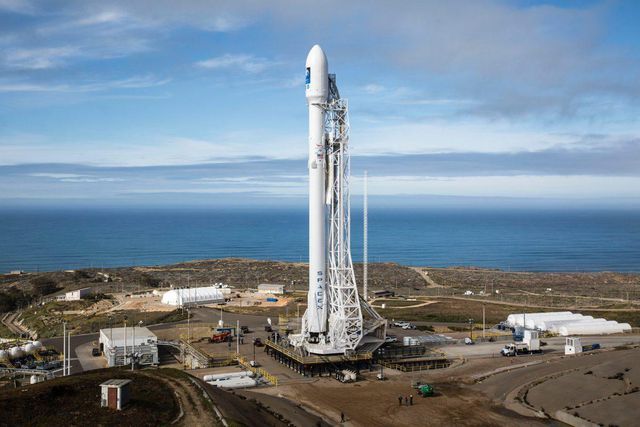
Charania told GeekWire that the first Blue Moon landing could take place even before 2023.
Blue Origin, the space venture founded by Amazon billionaire Jeff Bezos, is laying out a plan to support the creation of permanent settlements on the moon, starting with a lunar landing mission within the next five years.
The Kent, Wash.-based company’s roadmap was laid out most recently last week during the Space Frontier Foundation’s NewSpace conference in Renton, Wash.
The next phase of a NASA sponsored mission to 3D print human organs and tissues in space will launch in February 2019. A 3D BioFabrication Facility (BFF) developed by nScrypt and Techshot and destined for the International Space Station (ISS) will form part of the cargo of SpaceX CRS-17.
3D printing in zero gravity
nScrypt is based in Orlando, Florida and is a manufacturer of industrial micro-dispensing and 3D printing systems. The company is spin out of Sciperio Inc who, under a DARPA contact, developed an award winning bioprinter in 2003.
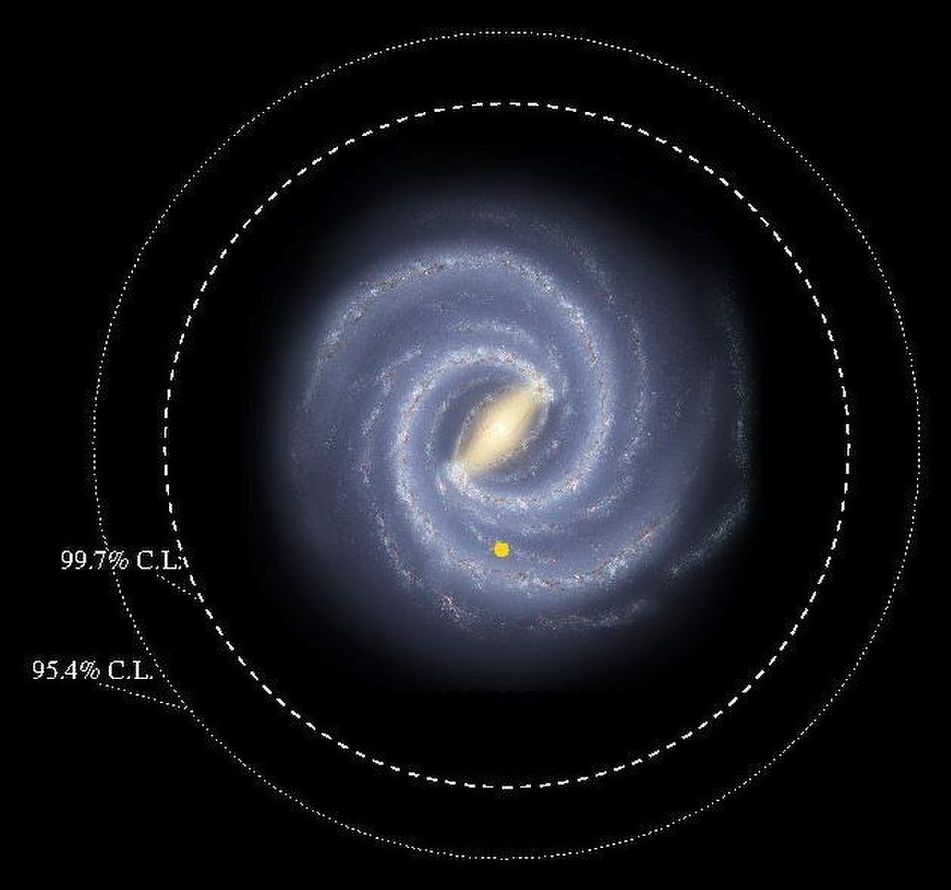
The disk of our home galaxy – the Milky Way – is bigger than we previously thought. A new study shows it would take 200,000 years for a spaceship traveling at the speed of light to go across the entire galaxy.
Researchers made the find after analyzing the abundances of metals (heavy elements) in stars, also known as their metallicities. When looking beyond the previously assumed boundary of the Milky Way’s disk, scientists were surprised to see stars with compositions resembling those of disk stars. [Amazing Photos of Our Milky Way Galaxy]
“We have shown that there is an appreciable fraction of stars with higher metallicity, characteristic of disc stars, further out than the previously assumed limit on the radius of the galaxy disc,” study co-author Carlos Allende, a researcher at Astrophysics Institute of the Canary Islands (Instituto de Astrofisica de Canarias, said in a statement.
The new AI droid just sent to space by Elon Musk’s SpaceX can assist astronauts in many tasks.